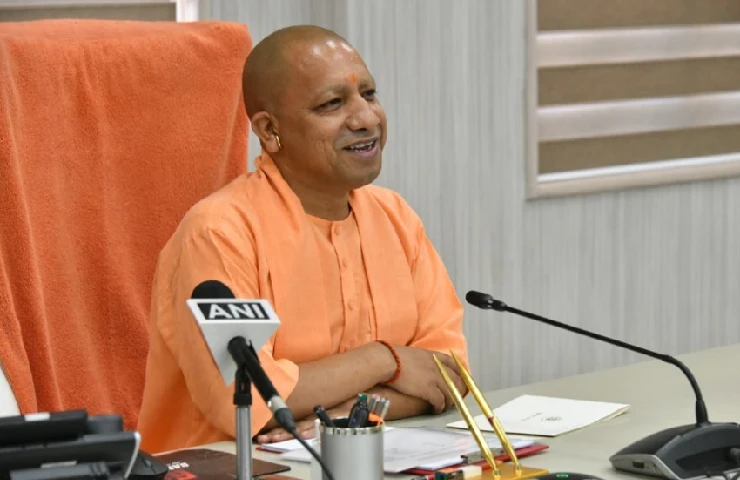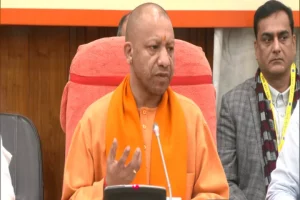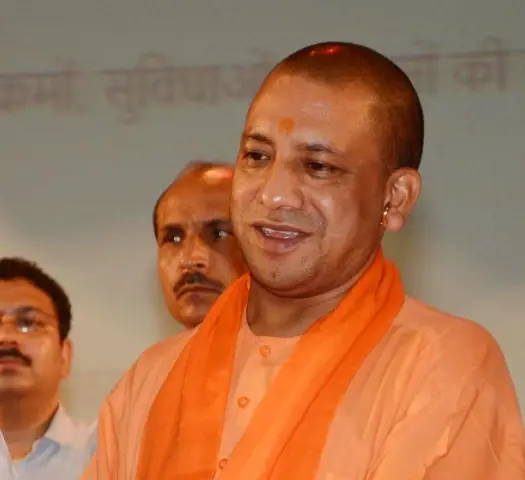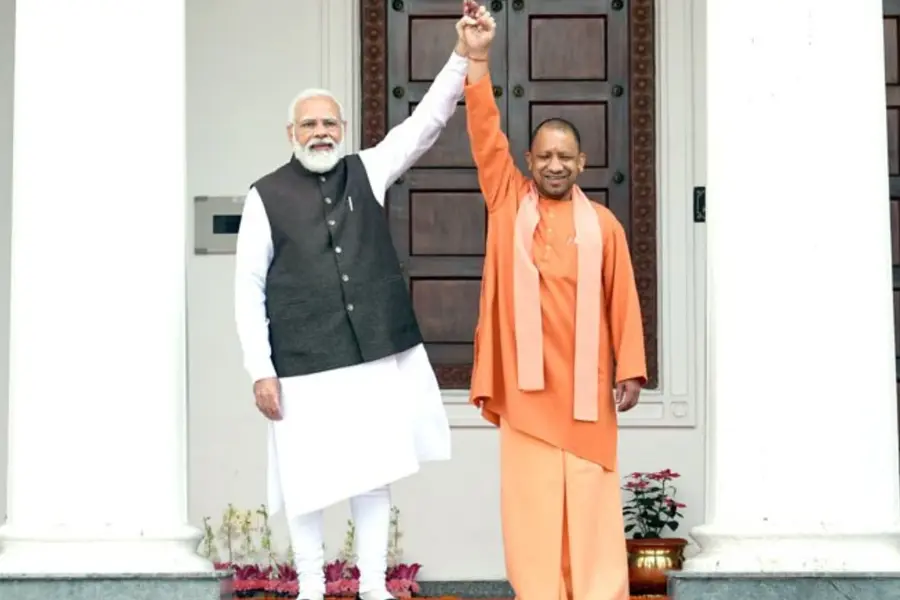Uttar Pradesh is one of the largest markets in the world. It has over 8% of the nation's purchasing power; it is blessed with a variety of resources. Out of over 10 major lines of Agri-production, UP ranks first in seven of them. Any production facility located in the state has access to over 50 per cent of India’s market, including the neighbouring states.
Logically, this should have made Uttar Pradesh one of the most blessed and fastest growing states of India. But unfortunately, this has not happened. For long, Uttar Pradesh has strived to find a place of glory but in vain.
However, of late, a story of structural shift seems to be scripting itself. It’s not merely about new found buoyancy; rather it is more about inherent resilience that is clearly discernible. Emerging scenario is fraught with striking possibilities, which cannot go unnoticed.
Something relevant is happening in the state, which seems to be facilitating the emerging opportunities. It may be relevant to mention two major facilitators namely Fiscal Consolidation and Ease of doing Business. Over the years, Uttar Pradesh has been able to achieve fiscal consolidation. In recent times, in line with the global scenario of negative growth where India itself suffered a negative growth of nearly 25 per cent for a while; a fall in tax collection in the state was only expected.
However, unlike most parts of the world, Uttar Pradesh shows exceptional tax buoyancy in these difficult times. Almost all taxes showed high buoyancy which may be reflective of the extraordinary resilience that the state demonstrates. Consumer State Advantage is UP’s USP and this may have played to UP’s advantage. However, the taxes where the state had complete control show phenomenal buoyancy. Hence the effort that goes to make this possible cannot go unnoticed.
Similarly, as a result of the state’s effort, ease of doing business in UP recorded a quantum jump– from the 12th position to second position in a span of 4 years. It is therefore of no surprise that a number of new industries are vying to set up their shop in the state, due to the conducive working environment. For instance, Samsung has moved its large display unit from China to Noida, footwear giant Von Wellx shifted production from China to Agra and Adani shut its Logistics Park in Punjab and is now investing in Noida’s data centre.
The state organised a ‘Global Investors Summit’ in 2018 in which 1045 investment intents worth Rs 4.28 lakh crores were filed. So far, nearly 43% of the leads generated at the summit worth around Rs 1.84 lakh crores are under various stages of implementation. Of this, total 34 MoUs worth Rs. 15,892.93 Crores started “commercial operations” and 23 MoUs worth Rs. 6,935.38 Crores have started implementation since April 2020 Recently, Tata & Airbus signed a Rs 22,000 crore deal to manufacture C-295 aircraft in the state as well.

Investing in rural communities is also an idea whose time has come. The state has transferred ₹37,388 crores to more than 2.54 crore farmers under the Pradhan Mantri Kisan Samman Nidhi Yojana along with hiking the MSP rates. So far, the government has paid over ₹4.72 crore to farmers as crop loans. ‘One District One Product’ initiative launched in 2018 is an interesting attempt at creating a framework for sustained engagement of artisans, mostly in rural areas. Today, millions of people have got employment through ODOP. According to the data of the MSME department, 8.67 lakh new units were started in the state in the last eight months, which were given loans to the tune of Rs 30840 crores by banks. Over 1.5 crore employment opportunities were created by banks by providing loans totalling more than Rs 2,12,000 crore. In the last 3 years, ODOP has helped UP's exports rise 38%. The initiative which has given employment (direct and indirect) to more than 25 lakh people is now being replicated throughout the country. While the initiative is outstanding, it may be useful to align the initiative with nine agro-climatic zones of the state. Such realignment is likely to transform the initiative into a potent engine of economic transformation.
Fiscal transformation and ease of doing business seem to have prepared the field enabling the state to anchor development. Many of the interventions seem to be falling in place and are certainly working for the state. With an improved economic environment, the state needs to take a lead in initiating second generation reforms anchored around rural development (including MSME) and Human development (primarily health and education). We have begun to tread the path and UP is transformation ready. Unleashing of these engines of transformation woven into second generation reforms will transform this potential into economic reality.
(Prof Arvind Mohan is an eminent economist. He is currently Professor of Economics at the University of Lucknow and is associated with a large number of international and national organisations. Views expressed are personal)



















